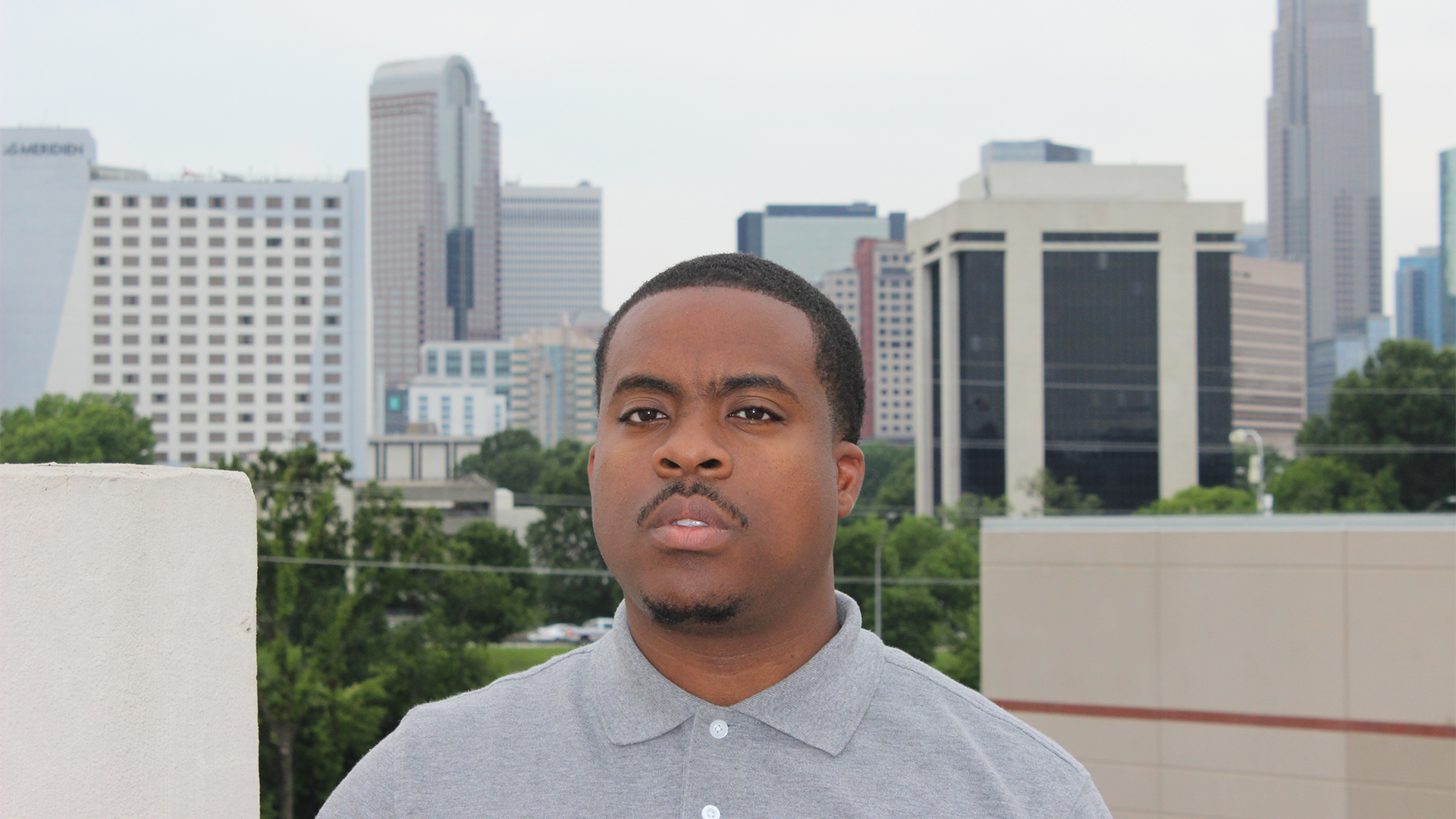Disctopia Founder Patrick Hill is working to ensure artists receive their respective dues.
After successfully helping a close friend rack in thousands of dollars within a few hours of dropping music in 2016, the University of North Carolina at Charlotte grad realized there was a tangible solution for other artists to monetize their work more effectively. Disctopia was a byproduct of Hill’s efforts.
The Model
Now indie artists, podcasters, and content creators have an opportunity to build their fanbase while maintaining a steady income in a multitude of ways.
After tapping into a subscription model, 100 percent of the revenue collected by the artist from fans will be directed back to their pockets. Artists can be paid up to five cents per stream if their content is exclusive to Disctopia or opt for a direct download in which they can set their price. What’s more, if 75 percent of users or more listen to the content, artists are guaranteed to be compensated at the highest rate.
In addition, artists can sell merchandise to fans and accept donations with the click of a button. Better yet, the merchant and donation commission is free to artists. However, they will only pay for the processing and creation of the merchandise.
“We make it all seamless. It’s all within one tool and that’s what makes our platform different from everybody else,” Hill told AfroTech. “We don’t want to hinder artists by taking a percentage of what they can make like Patreon or Etsy. We are just charging for the technology. So, if you make a million dollars on our platform, you get a million dollars.”
Empowering Underrepresented Artists
Furthermore, Hill took notes from the downfall of major streaming giants to maximize revenue opportunities for creators. Business Insider previously reported Spotify paid between $.003 and $.005 per stream, and compensation would be based on one’s distribution contract.
Regardless of one’s level of success, Disctopia ensures all artists receive the same flat rate per stream while allowing them to leverage their fame through extra features as aforementioned.
“We do this because the current stream model is being abused. For instance, two of the biggest streaming giants, Spotify and Apple Music, do a pool rate, meaning 20 percent of the artists get 80 percent of the money. We don’t do pool rates because it’s just not fair to the indie artists.”
In addition, as a Black founder in tech, Hill also wants to ensure Black and underrepresented minorities have a fair shot in their respective industries.
He continued: “We are trying to help people and change how we communicate from an audio or video stream. Coming from an HBCU going to grad school at UNC Charlotte to Livingstone College, I was in a space for people of color to own their pipeline. A lot of times they don’t own the pipeline. They’re very great at creating content, but there are always gatekeepers of the distribution platform. Even big creators, the Issa Raes, Kevin Harts, still have to pitch their content to a major network or they’re stuck with the same old ways of putting it out, which isn’t fair. We are giving someone else an option to distribute and put out content without any hurdles.”
Future Plans
Disctopia’s efforts are faring well as they have seen a growth of 300 percent in users since its launch. According to information provided to AfroTech, more recently, they secured a deal to distribute 20,000 audiobooks, 10,000 podcasts, and music from 10,000 artists. Plus, Disctopia will introduce the youth to the podcast space to spark their interest early.
“We are expanding into schools. We just signed on two schools under yearly contracts. We’re giving schools their podcast to create a six-episode podcast so students will learn how to communicate with audio,” Hill said.


